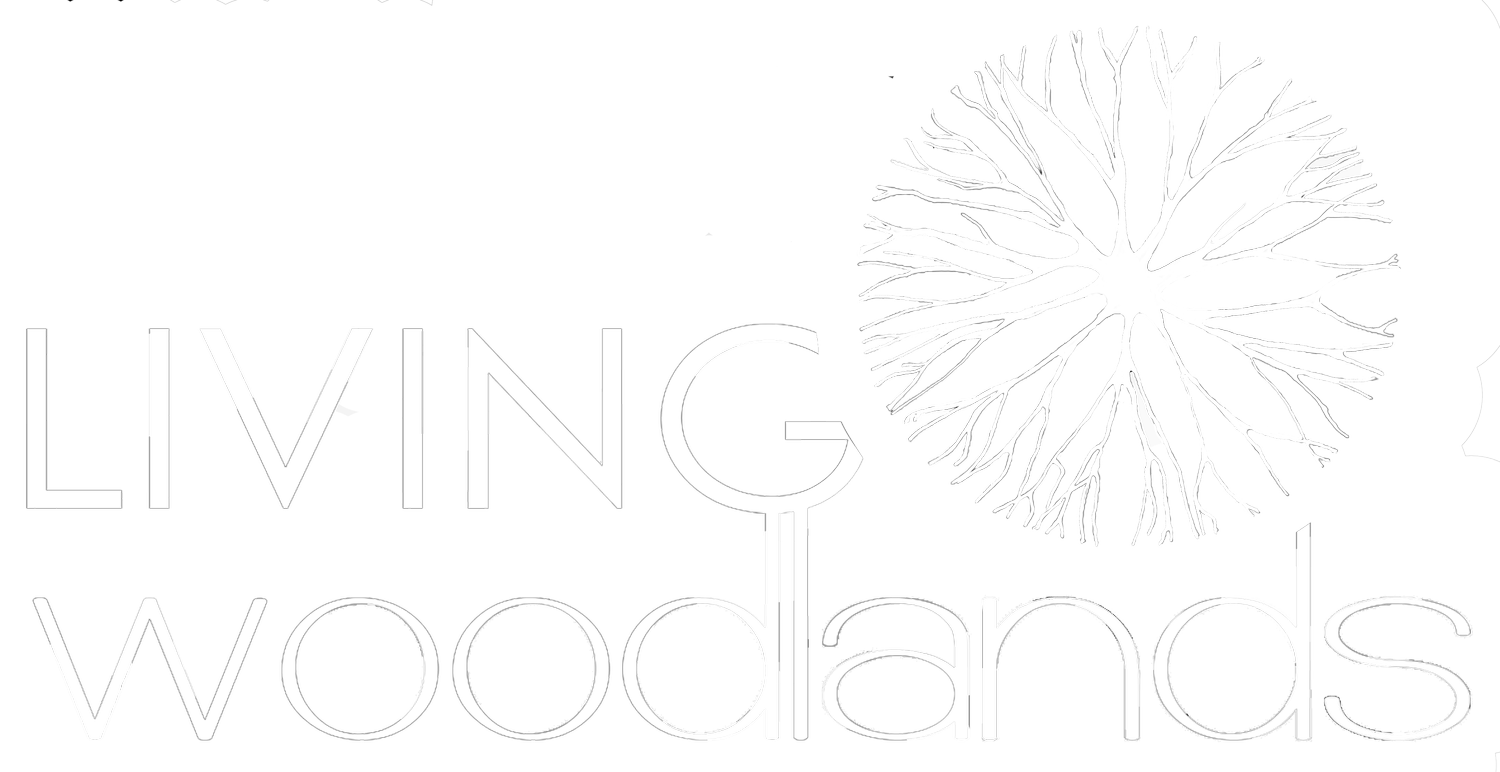Still have more questions?
Get in touch at info@livingwoodlands.com
-
We set up Living Woodlands because we are passionate about creating natural, biodiversity rich forests and believe everyone should be able to benefit from this.
Many businesses also want to play their part and so we connect them with projects that benefit both the environment and local communities. All our projects are in Ireland so sponsors can see for themselves the impact they are having.
We don’t just plant trees - we create complex forests. This means mimicking natural afforestation as much as possible from supporting healthy soil, to a higher density of trees and different forest layers. All of our projects follow an ecological plan specific to each site with oversight from our scientific advisory panel.
-
Wanting to become a more sustainable business and tackle climate change is the first step. Choosing the right projects to support on this journey can be harder. Many carbon offsetting and tree planting initiatives are conducted in other countries and it can therefore be harder to monitor impact and accountability. All our projects are conducted in Ireland so businesses can clearly see and then demonstrate the impact they are having.
Many customers are now looking for businesses to show how they are becoming more sustainable. By partnering with Living Woodlands, you can help create community woodlands, support local schools and community groups and share this with your customer base.
-
In more conventional tree planting operations (including government subsidised native forestry), the amount of tree species tends to be quite low - often only four to five. We plant a higher amount of tree species - from ten to fifteen in each forest. There are many native species which aren’t usually planted mainly due to lack of supply or just out of habit. This limits the biodiversity and resilience of a forest. This is why we include more unusual native trees like: alder buckthorn, crab apple, Scot’s pine, purging buckthorn, spindle, yew, elder, guilder rose and whitebeam. However we only plant trees that are suited to the soil in any given area following best ecological advice.
-
Ecosystem restoration means assisting in the recovery of ecosystems that have been degraded or destroyed as well as protecting those that are still intact. For natural forest restoration this basically means facilitating biodiversity and complexity to establish in the system by regenerating the soil and introducing the right variety of native tree species. This is done as best as possible to mimic natural afforestation. Once this initial intervention is complete, the forest is allowed to develop and evolve naturally with minimal intervention and management.
-
Tree planting is the cheapest and most reliable way to directly sequester carbon from the atmosphere. Unfortunately many large carbon offsetting schemes plant non-native monoculture forests leading to negative ecological consequences. We do not support this approach. Why?
Resilience of our ecosystems is crucially important in their capacity to survive the challenges presented by climate change over the next century. Monoculture systems are much more vulnerable systems. At Living Woodlands we have a larger vision of restoring the health of local ecosystems and creating corridors of wildness across Ireland. We believe creating wild and dynamic forests is the best way to ensure a stable and resilient carbon sink into the future.

